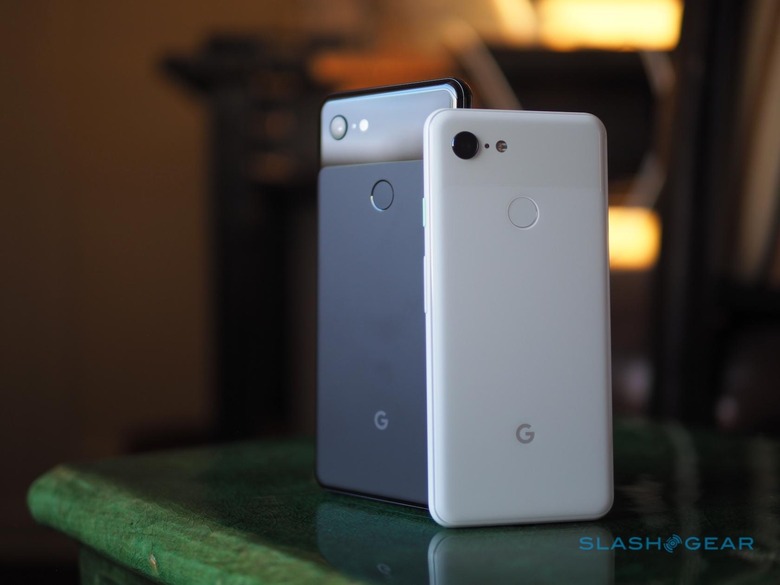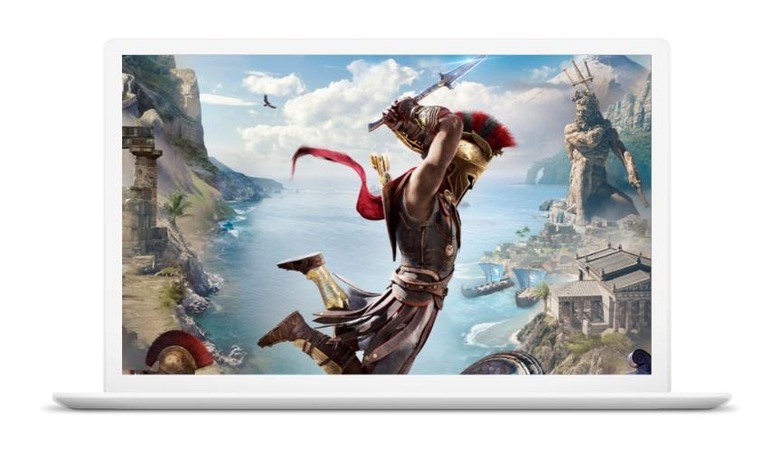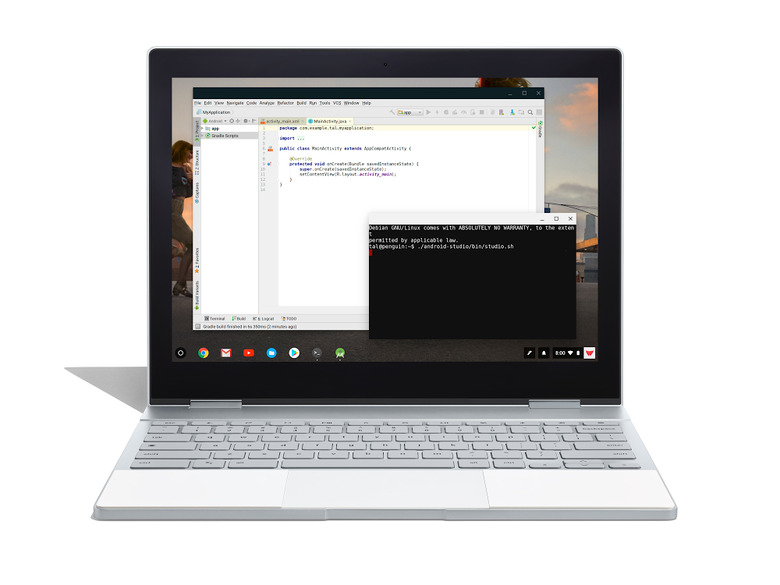Since time immemorial, OK maybe just a decade or so ago, people have imagined what a Google OS would be like. At one point, it seemed that would be something based on Ubuntu Linux which turned out to simply be a version they use internally. Then came Android, which almost because but still isn't that Google OS. These days, the running theory is Fuchsia OS but you don't have to go that far into the future. That Google OS might already be already be here in the form of Chrome OS but it's still missing one important thing to truly establish it as more than just a passing but expensive experiment for Google.
What Android?
It's almost odd to have an entire event centered around the Pixel smartphones and not mention the named "Android" even once. And yet that was exactly what happened at Google's recent event earlier this month and the press picked it up. Naturally, there was no small amount of conspiracy theories, most of which revolved around sunsetting the Android name.
For legal, marketing, or whatever reasons, Google might indeed slowly retire the brand but it will also live on in Chrome OS. Whether Chrome OS will be ported to smartphones is a different question though with the move to Chrome OS tablets, Google might already be starting that journey. In any case, Chrome OS seems to be groomed to take on almost all of Google's supported platforms in one single system.

Under one Chrome OS roof
Chrome OS does, after all, already support three operating systems now: Chrome OS itself, Android, and Linux. If the Campfire rumors are correct, Google might even add Windows 10 dual boot capabilities (which it probably shouldn't) somewhere along the way.
These pretty much represents all the platforms Google has its hands on, if not directly then by influence. And except for customized software it uses in Chromecast and Home devices, those are also pretty much the operating systems that Google uses. This is as close as you can get to "Google OS".
Get your game on
There is also one recent development that, at first glance, seems almost negligible. In truth, Google might actually be up to something. That's Project Stream, the somewhat impressive technology that would allow beta testers to play a console game (Assassin's Creed Odyssey) with nothing but a Chrome desktop browser. And, just in time, Google shipped the Pixel Slate, its most powerful Chromebook yet, with a full desktop Chrome browser.

Now think about it for a moment. None of the three platforms running on Chrome OS can be considered serious gaming platforms (except for Android to some extent). With Project Stream, it doesn't really have to be. It's like the game streaming services offered by the likes of NVIDIA and Sony PlayStation except the hardware requirements on the client side are way lower. So productivity, creativity, consumption, entertainment, and gaming. Chrome OS definitely has it all. Well, almost.
Developer, developers, developers
So what doesn't Chrome OS have at the moment? The full support of developers of all kinds, sizes, and resources. Yes, there are Android developers and Chrome developers and a bit of Chrome OS developers. But developers that will flock to this new age of Chrome OS? Not so much. Because the one thing's that missing from Chrome OS is a standard, unified, and convenient developer workflow and SDK.
In other words, Google has to make it easy for developers to jump in on developing for Chrome OS. Not just for Android or Chrome extensions but for Chrome OS itself. And maybe for Chrome OS with Android in mind. And that has to be possible even with owning a Chromebook yet. After all, you can develop Android apps without an Android phone. Not completely ideal but at least possible.

Final Take
Reading all the signs, one can almost feel that Chrome OS is Google's path moving forward. With all the issues it is facing with Android, it might even be the only way forward. Chrome OS has been around for a long time but its developer story hasn't exactly improved that much.
Google needs to change that narrative now before things get a bit too out of hand. Not unless it miraculously has Fuchsia OS ready to launch in a year or two. Hopefully it will have a nice SDK ready by then.
